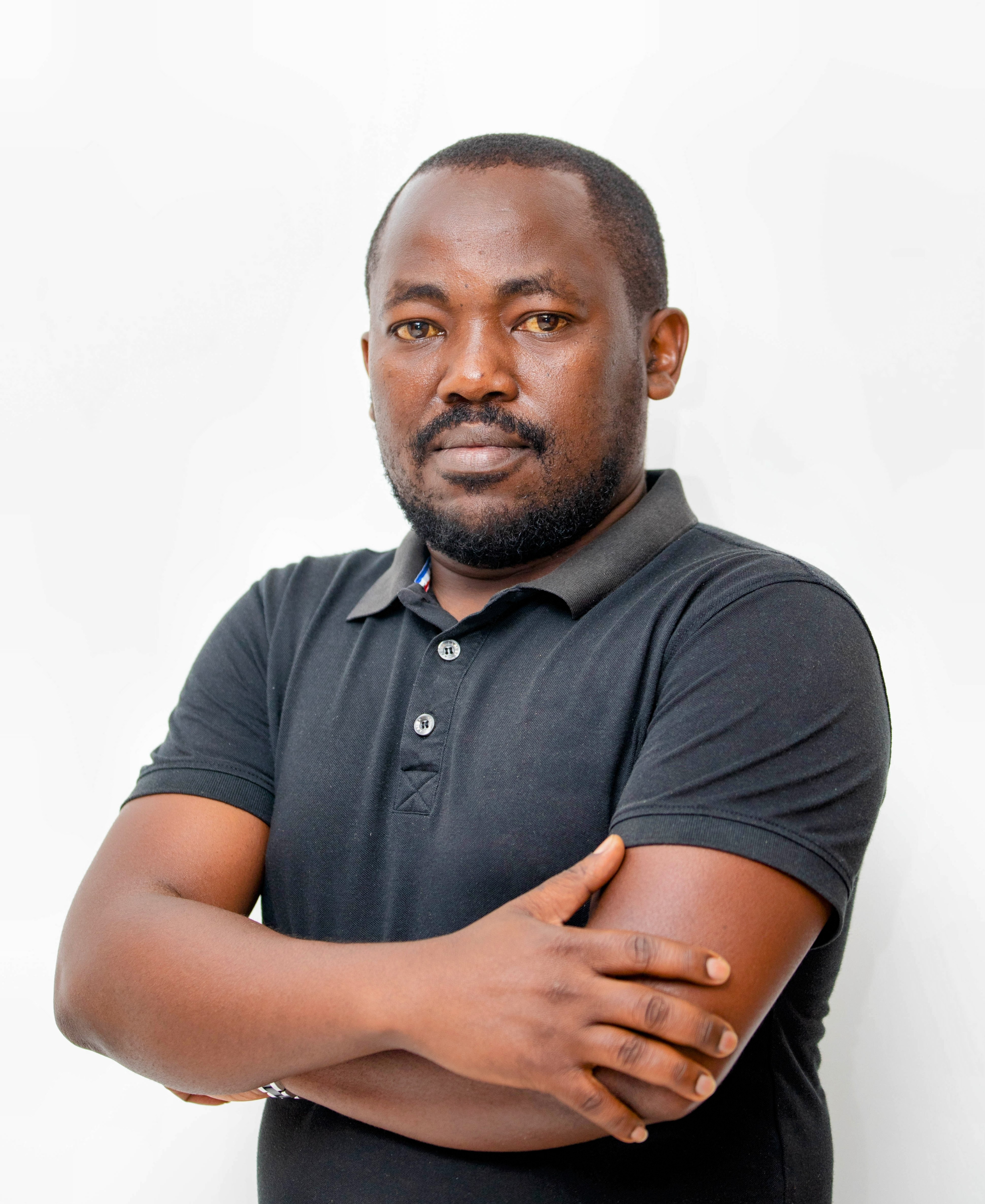
DR
Deogratius Roman Kavishe

Research scientist
droman@ihi.or.tzResearch scientist trained as a molecular biologist
Mr. Kavishe is a molecular biologist working in malaria research within the Environmental Health and Ecological Sciences Department at Ifakara Health Institute. He is professionally trained as a molecular biologist and he has been working in malaria and other vector-borne diseases for over ten years.
He joined Ifakara in 2009 soon after he acquired his Bachelor of Science in Molecular Biology and Biotechnology from the University of Dar es Salaam in 2008. Later in 2015, he joined the Liverpool School of Tropical Medicine in the UK to pursue a Master's training in Molecular Biology of Parasite and Disease Vectors.
For the long term, Mr. Kavishe has worked as a Laboratory Technician performing different molecular and serological assays, such as molecular diagnostics for Anopheles vectors, genotyping and resistance detection, serological tests for determination of the infectious status of mosquitoes, blood meal preference, and human malaria infection history. He was also a Deputy Laboratory Manager and Head of Molecular Biology section at Ifakara laboratory for over 3 years.
In 2014 he started to transform from the role of a technician to a scientist by preparing and submitting his fellowship application to the highly competitive Wellcome Trust scheme and after it was awarded he rapidly adopted to new responsibilities of a scientific investigator. He then equipped himself with knowledge and skills to conceptualize and plan novel experiments which link field and laboratory activities the area he identified himself as a gap when he was working as a technician.
Mr. Kavishe has experience and knowledge in molecular biology of infectious diseases, population genetics, and bioinformatics. He can perform several molecular biology techniques including PCR, DNA and RNA sequencing, and he can competently search information in nucleotide and protein databases and use several bioinformatics tools for nucleotide and protein analyses as well as basic statistical analyses using R. He is skilled in collecting, handling, linking, and analyzing large data sets which integrate logistically challenging field and laboratory activities. He is also enthusiastic about gene drive and genetic modification technology for malaria eradication.
Mr. Kavishe is currently leading a project that will demonstrate how fine-scale variations in the ways that mosquitoes use human and animal blood resources will necessitate continuous blanket coverage with different, complementary vector control interventions to achieve the elimination of malaria.
Previously he worked on a project that tested the interactive effect of mosquito control tools with multiple active ingredients combined, and to establish underlying genetic bases for those interactions. He also managed his project which investigated if malaria vectors can be labeled with food-based proteins, and how this approach can be exploited to understand mosquito interactions with vector control tools.
With his combination of academic training and practical experience, Mr. Kavishe is well-equipped to contribute meaningfully to the ongoing efforts to understand, prevent, and treat malaria and other vector-borne diseases. His work at IHI likely involves a range of activities, from laboratory research to fieldwork, aimed at identifying new strategies for disease control and improving our understanding of the molecular mechanisms underlying these diseases.
